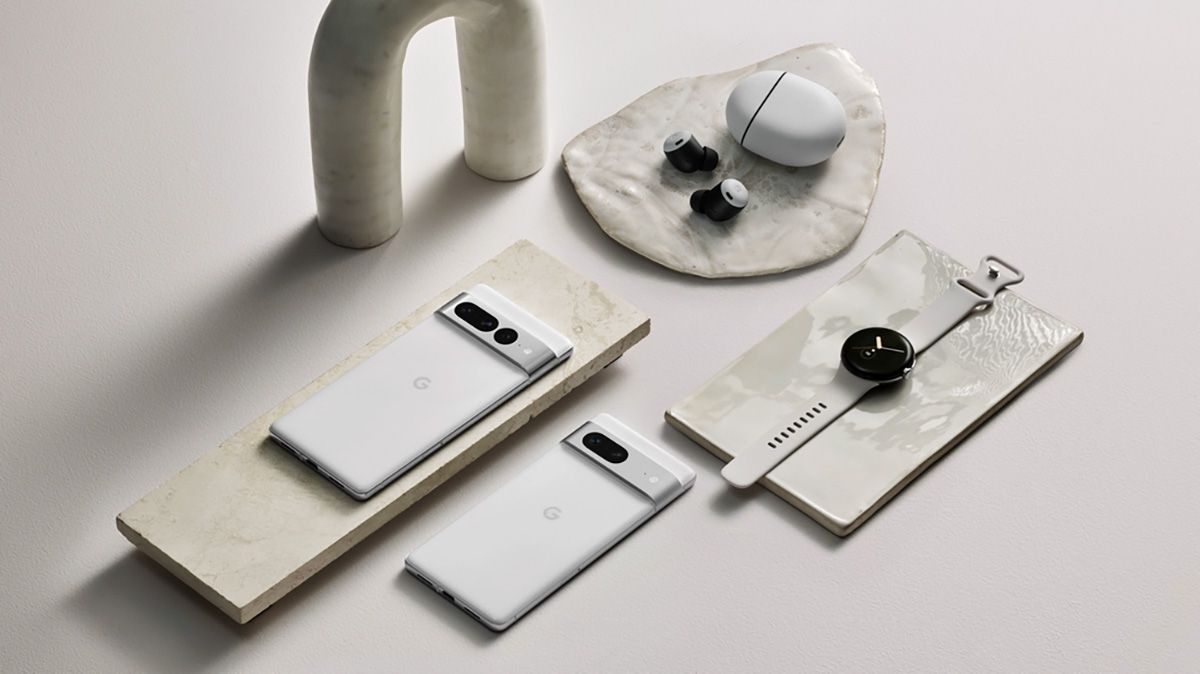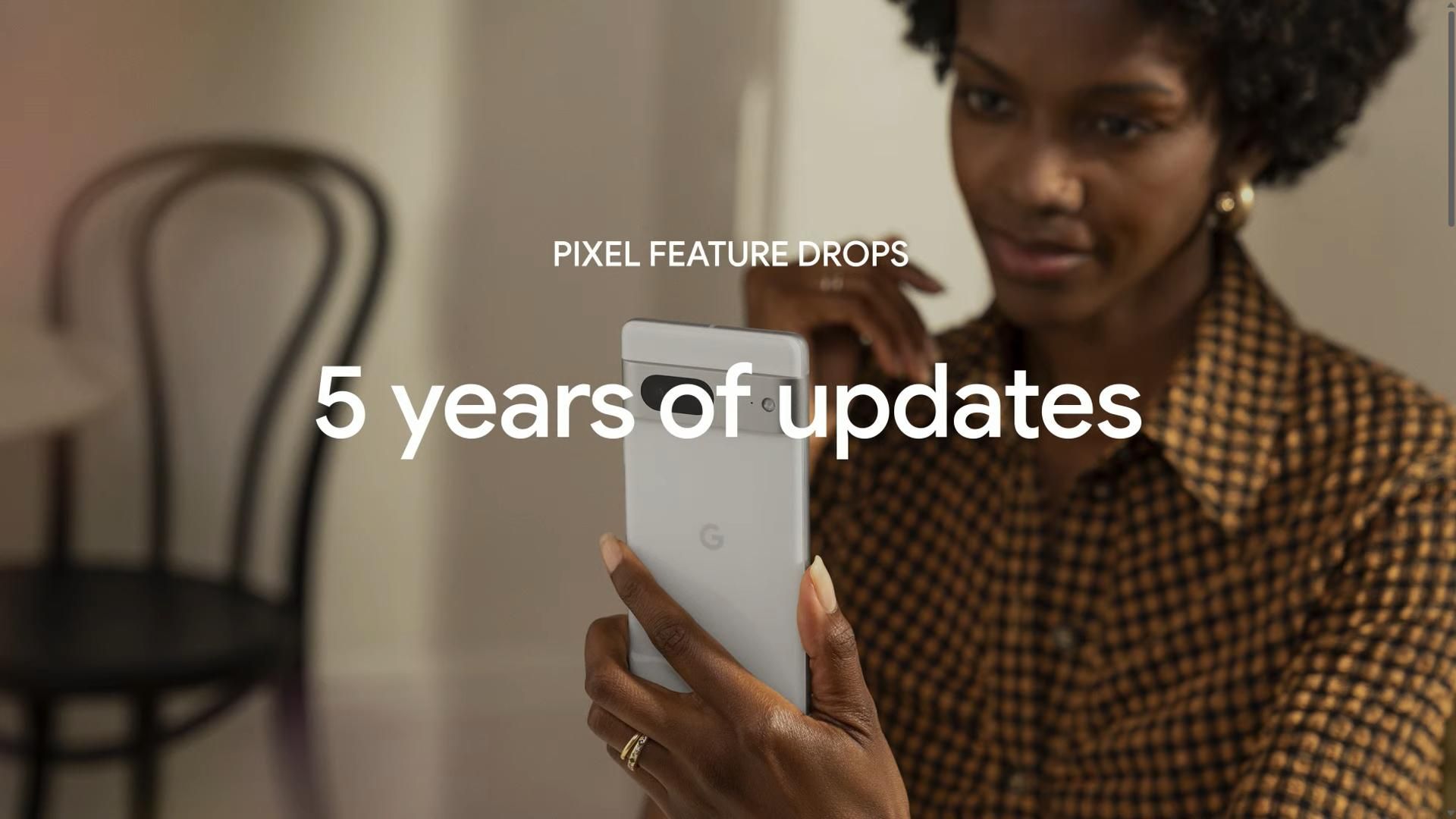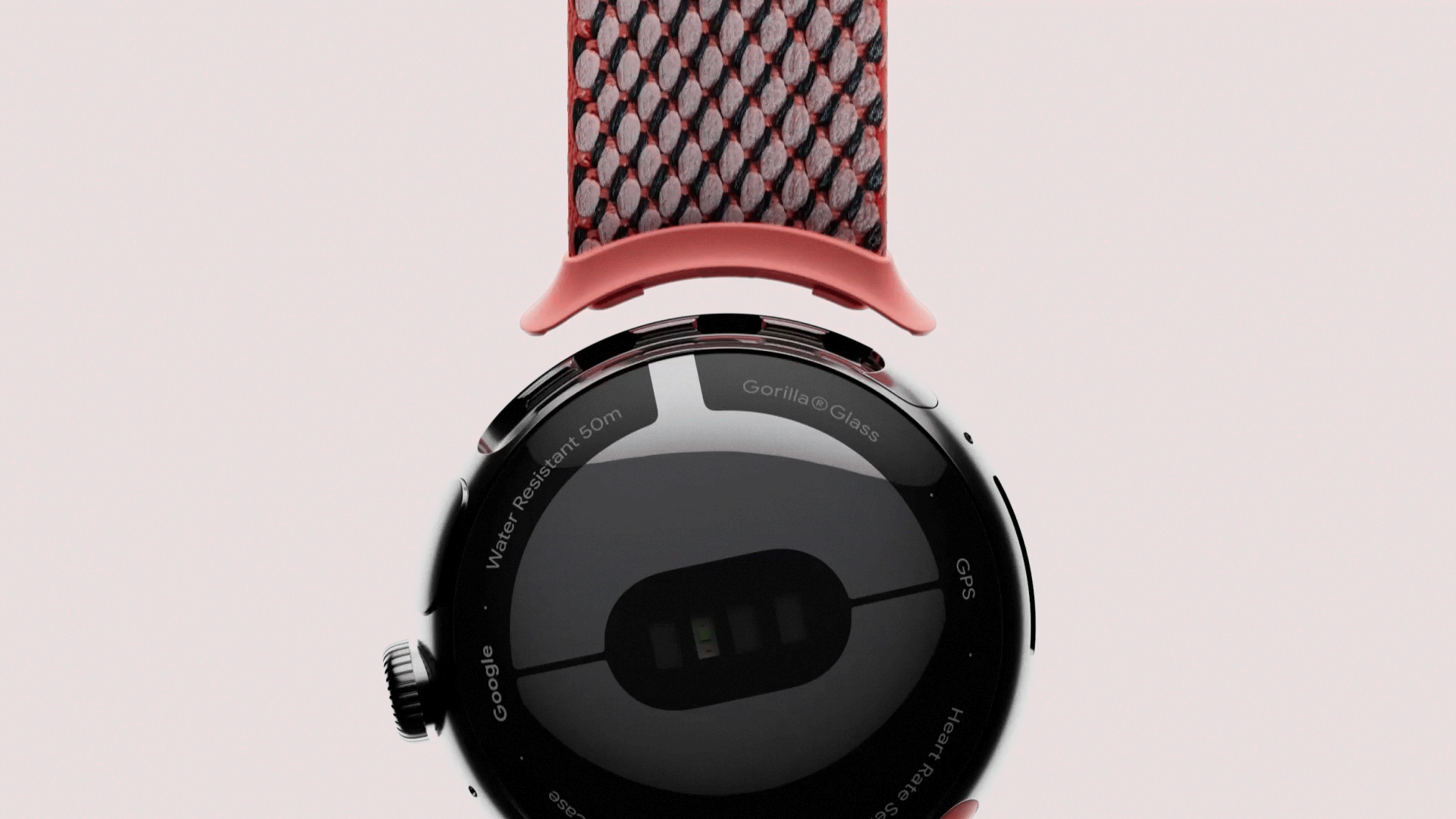Google's big October hardware event took place today, where the company fully revealed the Pixel 7 series and Pixel Watch. Google also highlighted how it takes sustainability and the environment seriously... but does it really?
It's seemingly mandatory for each major tech event these days to include a section with an explainer about how a company's products are made of recycled materials, or is built in factories using renewable energy, or some other indication that the company is thinking about its impact on the Earth. Today's event was no different, with a few lines about "being thoughtful about environmental impact at every step." Google says it's still on track for a net zero carbon footprint for its entire company by 2030 (as announced in 2020), all its hardware products use some amount of recycled materials, and the Pixel 7 series will receive five years of security updates.
To be clear, all of that is a good thing. Even though the obligatory environment speech might start to seem repetitive if you watch enough tech events, it's great that there is sufficient public pressure on large corporations to reduce their environmental impact. That's especially important in the technology industry, where the manufacturing process often involves the destructive processing of rare earth metals and plenty of carbon monoxide in the atmosphere from factories and shipping.
However, there is a degree of conflicting messaging with Google's products around sustainability that isn't acceptable.
Five (Or Three) Years Isn't Enough
The Pixel 7 series is guaranteed to receive five years of security patches, but major Android updates will end after three years, like every other recent Pixel phone. That means any Pixel 7 device, no matter its physical condition, will gradually become more unsafe to use starting around October 2027. Most people don't keep their phones beyond two or three years, but that timer doesn't start when you buy the phone, it starts right now. If you buy it used or refurbished in a year or two, it has a much shorter usable lifespan.
Google didn't mention the difference between OS updates and security updates in its presentation, and even the full specs page doesn't mention how long the phone will receive major OS updates -- we had to confirm that detail with a Google representative. Worse still, the presentation was discussing Pixel Feature Drops (which are OS updates that don't go past three years), then quickly switched to talking about 5 years of security updates, while leaving "Pixel Feature Drops" on screen. If you were watching the event and not listening closely, you might think the Feature Drops lasted five years, too.
That's a problem for many reasons. The most direct impact is on the resale value of the phone, which is affected by how much software support is left, among many other factors. Google is shortchanging its buyers by not supporting its phones for a longer period, and the strategy conflicts with the company's messaging about the environment. The best way to improve sustainability is supporting the phone for as long as possible, because that keeps the device out of landfills.
The Pixel 7 series is also being announced right on the heels of Google releasing the final update for the Pixel 4 and 4 XL, which were only released in 2019. There's no good excuse for such a short lifespan -- the iPhone 11 was released around the same time, and Apple is still supporting the iPhone 8 and X from 2017.
The Proprietary Problem
Google covered the Pixel Watch in detail during the same event, which also had an element that contrasted with the company's promise of environmental sustainability. The watch uses proprietary watchbands, rather than the industry-standardized bands used by the Galaxy Watch series, most Fossil Group watches, Mobvioi's TicWatch lineup, many other smartwatches, and most traditional watches.
Google says the bands for the Pixel Watch are easier to swap than traditional bands (even though the quick-release mechanism on most bands isn't difficult), and the bands are flush with the watch. The Apple Watch and most Fitbit products use proprietary bands for the same reasons, but if Google is serious about sustainability, it's the wrong move.
Bands for the Pixel Watch will only work with that one watch, which is bad for the same reason that the technology industry has done away with proprietary chargers -- they usually go in the trash along with the device they were made for. We don't even know yet if there will be more Pixel Watches, and whether they will be compatible with existing bands.
Pixel devices have much longer software support than most other Android devices, and Google has been improving the repair process and parts availability for its phones. Still, it's frustrating to see the company praise itself for environmental sustainability, while still contributing to wasteful product decisions like limited updates and proprietary accessories. Google -- and nearly every other tech company, for that matter -- needs to do better.



